Posted on 6/27/2025
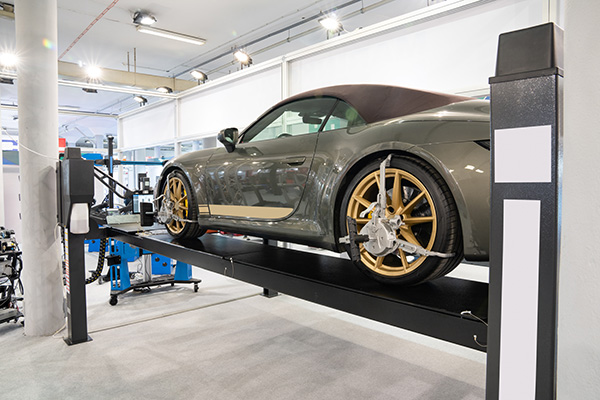
You’re driving along a straight road, and you notice your car starts to veer slightly to the left or right, even though you’re holding the wheel straight. This may not seem like a major issue at first, but a vehicle that drifts or pulls to one side is usually trying to tell you something important. This kind of behavior doesn’t just affect your comfort behind the wheel. It can compromise your safety, reduce fuel efficiency, and accelerate tire wear if left unaddressed. Fortunately, most causes of vehicle drifting are relatively easy to diagnose and correct with a professional inspection and repair. Let’s look at the most common reasons your car might be pulling to one side while driving. Wheel Alignment Issues Improper wheel alignment is one of the most frequent culprits. Your car’s suspension system is designed to keep the wheels at precise angles relative to the road and each other. Over time, or after hitting a pothole or curb, these ... read more
Posted on 5/30/2025
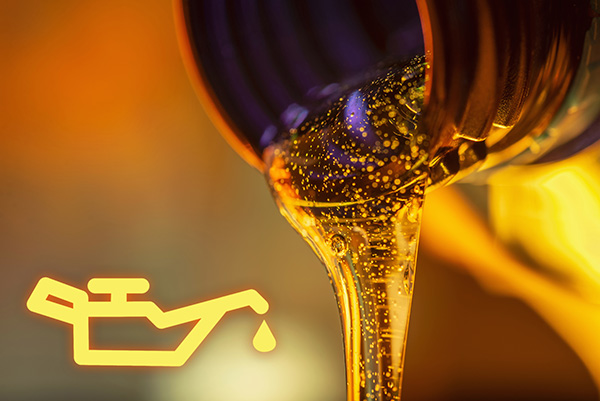
When it’s time for an oil change, you usually see two options: conventional oil and synthetic oil. While synthetic costs more, the question many drivers ask is—why? What exactly makes synthetic oil different, and is the higher price tag really worth it? Synthetic oil offers several advantages that justify the cost, especially when it comes to engine protection, performance, and longevity. Understanding the differences will help you make a more informed decision about your car. How Synthetic Oil Is Made The primary difference between synthetic and conventional oil lies in how each is made. Conventional oil is refined directly from crude petroleum. It contains a mix of molecules of varying sizes, along with impurities that can affect performance over time. Synthetic oil, on the other hand, is engineered in a lab. It starts with a base of highly refined petroleum or chemically modified compounds, and the molecules are made to be uniform in size and shape ... read more
Posted on 4/28/2025
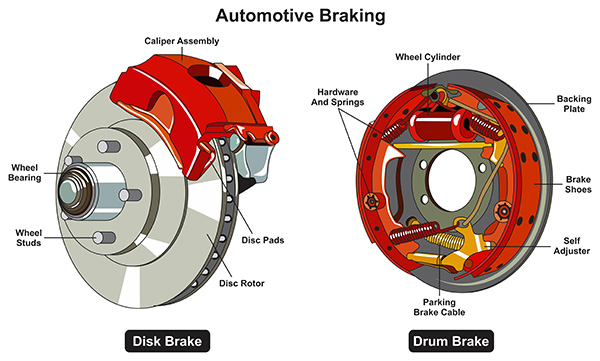
Brakes are one of the most important safety systems in any vehicle. We use them every day without much thought, but understanding how your car slows down and stops can help you recognize issues early and take better care of your vehicle. Whether you’re driving in city traffic or heading down a steep hill, your brakes are constantly working to keep you in control. So how exactly do they work? Let’s take a closer look. The Basics of Hydraulic Brake Systems Most modern cars use hydraulic brake systems. When you press the brake pedal, it activates a master cylinder filled with brake fluid. This fluid travels through brake lines and applies pressure to the brake components at each wheel. The system is designed to amplify the force from your foot and evenly distribute it to stop the vehicle quickly and safely. Without this fluid pressure, your brakes can’t function effectively—which is why keeping the fluid clean and at the right level is so impor ... read more
Posted on 3/28/2025
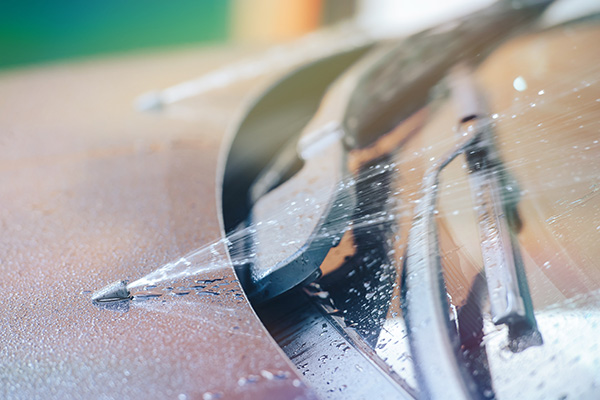
When your windshield washer fluid suddenly stops spraying, it can catch you off guard—especially when you really need it. A malfunctioning washer system can quickly become a safety concern, whether it's due to a clogged nozzle, a worn-out pump, or an electrical issue. Clear visibility is necessary in any driving condition, so it’s important to figure out what’s causing the issue and take care of it before it leads to bigger problems. Is There Fluid in the Reservoir It might sound obvious, but low or empty washer fluid is one of the most common causes of a no-spray situation. The reservoir is often tucked away in a corner of the engine bay, and it’s easy to forget about until the light comes on—if your car even has one. Sometimes the tank isn’t actually empty but has old, diluted, or contaminated fluid that clogs the lines or nozzles. If you’ve topped it off with water or mixed different fluid types, you might end up with ... read more
Posted on 2/28/2025
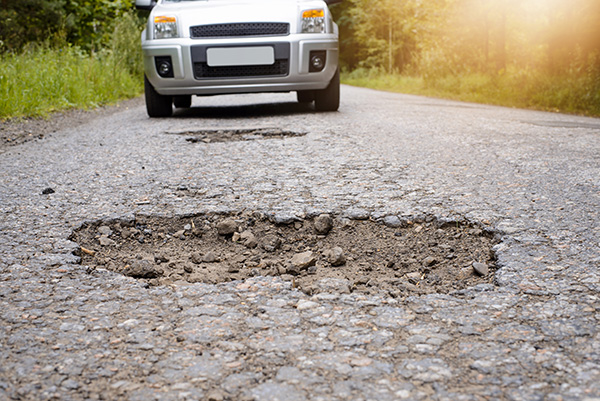
Every spring, it feels like potholes are everywhere, turning once-smooth roads into obstacle courses. If you’ve ever wondered why they seem to get worse after winter, the answer lies in how roads react to cold temperatures, moisture, and traffic. Potholes aren’t just an inconvenience—they can cause serious damage to your tires, wheels, and suspension. So, what exactly makes them form, and why do they seem to multiply when winter ends? How Potholes Form Potholes are caused by the expansion and contraction of water beneath the pavement. When moisture seeps into cracks in the road, it settles underneath the surface. In colder months, freezing temperatures turn that water into ice, which expands and pushes against the pavement from below. This weakens the road structure, creating small gaps and fractures. As temperatures rise, the ice melts, leaving empty pockets under the pavement. The weight of passing vehicles puts stress on these weak spots, eventu ... read more